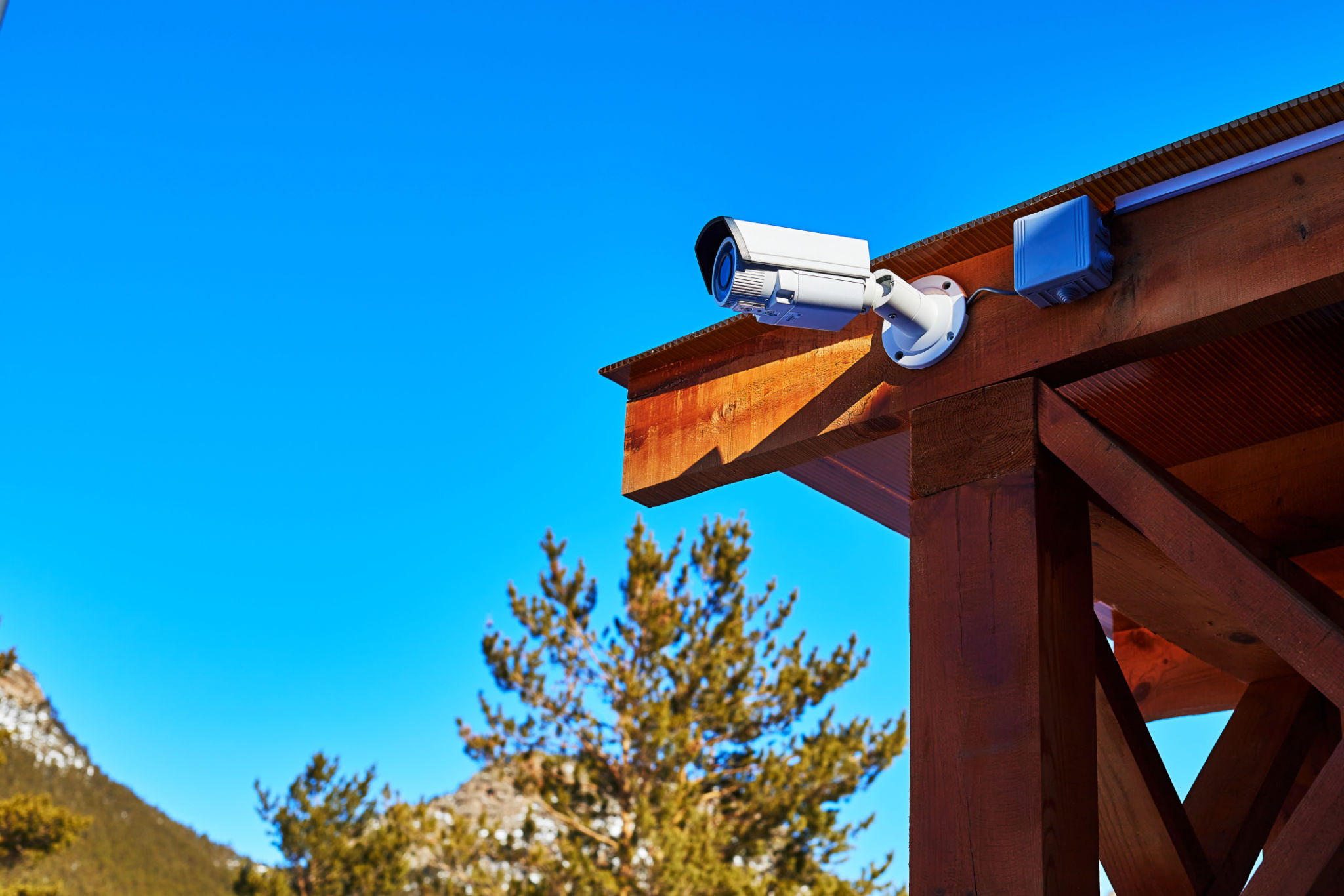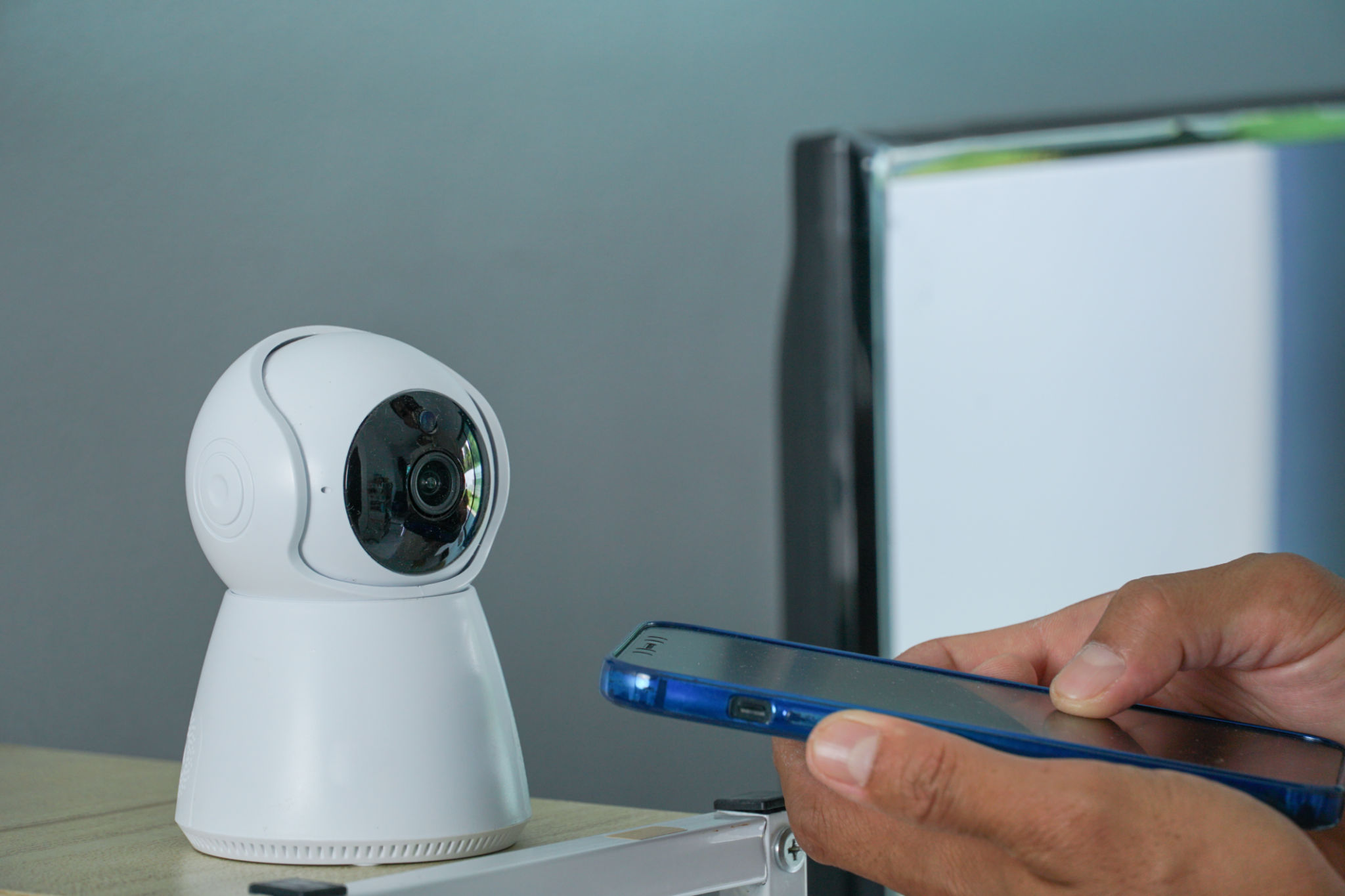Wireless vs. Wired Surveillance Cameras: Which Is Right for You?
Understanding the Basics
When it comes to home security, choosing between wireless and wired surveillance cameras can be a daunting decision. Both options have their own set of advantages and drawbacks, and understanding these can help you make an informed choice. In essence, the decision boils down to your specific needs, preferences, and the environment in which the cameras will be used.
Wireless surveillance cameras are known for their flexibility and ease of installation. They connect to your home network via Wi-Fi, eliminating the need for extensive wiring. On the other hand, wired cameras rely on physical cables for power and data transmission, which can provide a more stable connection.

Installation and Setup
One of the primary considerations when choosing between wireless and wired cameras is the installation process. Wireless cameras are generally easier to install, as they do not require drilling holes for cables. This makes them an excellent choice for renters or those who prefer a DIY approach. You simply mount the camera, connect it to your Wi-Fi network, and it's ready to go.
Wired cameras, however, may require professional installation due to the complexity of running cables through walls or ceilings. This could mean additional costs, but the benefit is a more reliable connection, as wired systems are less susceptible to interference and signal loss.
Reliability and Performance
When it comes to performance, both types of cameras have their strengths. Wired cameras are often praised for their consistent performance. Since they are directly connected to your power supply and network, they offer a stable connection without the risk of signal dropouts. This makes them ideal for areas with poor Wi-Fi coverage or for users who prioritize reliability.

Wireless cameras, while convenient, can be affected by network issues. They rely on your Wi-Fi connection, which can be prone to interference from other devices or structural obstacles. However, advancements in technology have significantly improved their reliability, making them a viable option for most households.
Flexibility and Scalability
Another factor to consider is the flexibility and scalability of your surveillance system. Wireless cameras offer greater flexibility, allowing you to easily move them around your property as needed. This can be particularly useful if you plan to expand your system or if your security needs change over time.
Wired systems, while less flexible, can be more scalable in terms of adding additional cameras. Once the wiring infrastructure is in place, adding more cameras can be straightforward, though it may still require professional help.

Cost Considerations
Cost is always a crucial factor in decision-making. Wireless cameras tend to be more affordable upfront, as they do not require professional installation services. However, they may incur additional costs over time, such as cloud storage fees for video footage.
Wired cameras might have a higher initial cost due to installation expenses, but they often offer local storage options, which can save money in the long run. Additionally, they typically have lower maintenance costs since they are less susceptible to connectivity issues.
Security and Privacy
In terms of security, both wireless and wired cameras have their own vulnerabilities. Wireless cameras can be susceptible to hacking if not properly secured, making it crucial to use strong passwords and encryption methods. Regularly updating the firmware can also help mitigate these risks.
Wired cameras are generally considered more secure due to their physical connections, which are harder to breach. However, they can still be vulnerable if the DVR or NVR system is not adequately protected.
Making the Right Choice
Ultimately, the choice between wireless and wired surveillance cameras depends on your specific requirements. If you value ease of installation and flexibility, wireless cameras might be the right choice for you. They are perfect for those who want a hassle-free setup and the ability to move cameras as needed.
On the other hand, if you prioritize reliability and long-term cost-effectiveness, wired cameras could be more suitable. They offer a stable connection and can be a better fit for larger properties or areas with poor Wi-Fi coverage.
